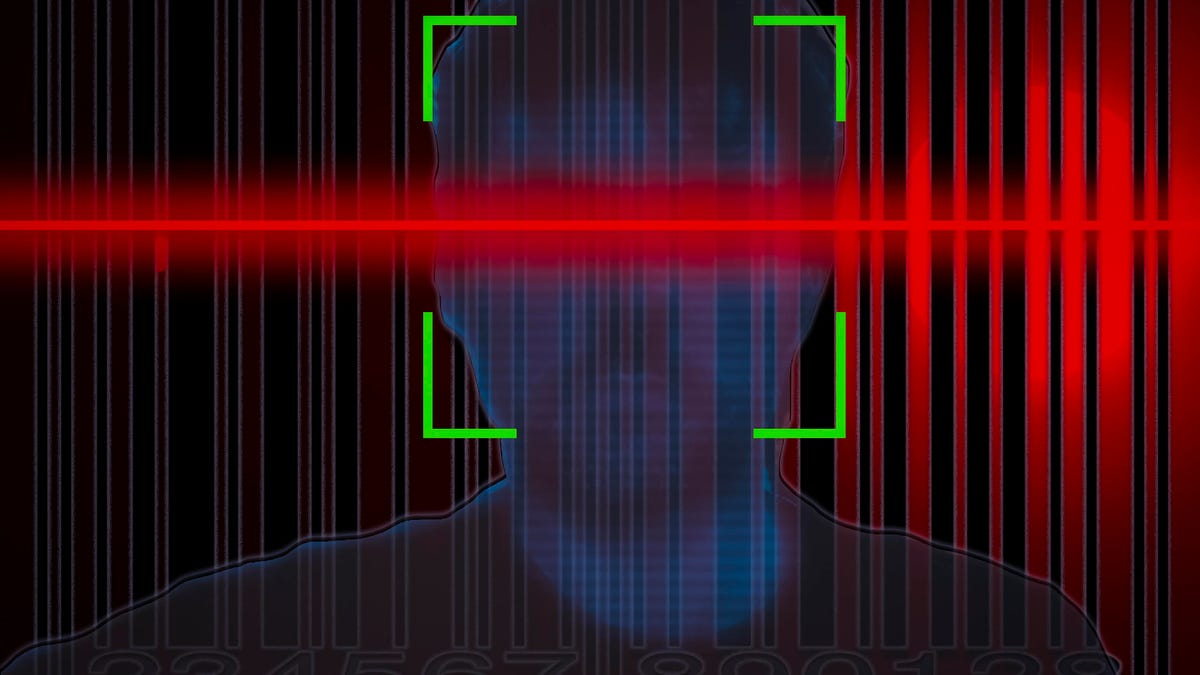Tenants call for better laws after stopping facial recognition from moving in
The battle against surveillance technology has only just begun, advocates say.

Tenants fought off facial recognition technology at their apartment complex and are pushing for legislation to protect others.
After fighting their landlord for more than a year, tenants at the Atlantic Plaza Towers in Brooklyn, New York, won a small victory by stopping facial recognition from moving into their building. But the real battle against facial recognition and surveillance technology has just begun.
Nelson Management Group President Robert Nelson, whose company owns multiple properties across New York, including the Atlantic Plaza Towers, told tenants at the apartment complex on Tuesday that he's backing down on his plan to install facial recognition technology there. The decision was first reported by Gothamist on Thursday.
Tenants are skeptical of the promise. They've yet to receive official paperwork documenting the decision and also worry that Nelson will install the surveillance technology at one of the many other properties he manages.
"Nelson Management Group has withdrawn its Modification of Services application with the state to implement facial recognition technology at Atlantic Plaza Towers," Nelson said in a statement. "I appreciate feedback from residents and stakeholders throughout this process, and look forward to continued progress on upgrades at Atlantic Plaza Towers."
Fabian Rogers, one of the tenants behind the pushback at the building, is calling for legislation to protect people from facial recognition in residences. It should guarantee protection against the surveillance technology, not just for his apartment building, but everyone, he said.
"That's why we're so on top of thinking about official documentation and official legislation so no one has to go through the same fight again like we did," Rogers said.
Some property managers want to install smart home systems and technology like facial recognition because they consider it a convenience for tenants and a security measure. The technology could deter thieves from entering the building, while also making it easier for residents to get inside.
Tenants worry the technology is a new way for landlords to keep a close eye on people in their homes. In New York, a smart intercom system was being pitched to landlords as a way of catching and evicting tenants going against the building's code of conduct.
Property technology is essentially unregulated because it's relatively new. There are no laws covering it, though members of Congress have proposed a bill to keep facial recognition out of federally funded housing. Tenants worry about surveillance and privacy when smart home systems are in place, and have sued landlords for the right to use physical keys.
When Rogers attended a New York City Council meeting in October, he was struck by how little local officials knew about property technology and how little protection tenants actually had.
At the meeting, he learned that the city's Department of Buildings and Department of Information Technology didn't keep track of how many properties in New York were using smart home surveillance systems.
"We talked to City Council members, and they had not even understood this was going on," Rogers said. "You've had buildings that have had this installed since 2013, and they've been unsanctioned this whole time."
He considers his landlord backing down a victory, but only a "half-step" until legislation is passed protecting all tenants from facial recognition.
The tenants' successful advocacy could serve as a model for other residents, said Andrew Guthrie Ferguson, author of The Rise of Big Data Policing and a law professor at the University of the District of Columbia.
"There aren't many successes in pushing back against surveillance technology, so when you see one, there are lessons from it," Ferguson said. "Hopefully it will inspire others to also push back if they're uncomfortable with this facial recognition surveillance technology coming into their homes."
Until legislation passes, attorneys from Brooklyn Legal Services, which represented the tenants at the Atlantic Plaza Towers, said they're assisting tenants who want to challenge landlords looking to install facial recognition.
"The tenants' fight is far from over. We continue to encounter tenants across the city whose landlords are subjecting them to facial recognition technology without protection or oversight and we should all be deeply concerned over the collection of tenants' biometric data," Samar Katnani, an attorney at Brooklyn Legal Services' Tenant Rights Coalition, said in a statement. "Until these invasive and biased technologies are banned from residential spaces altogether, tenants and advocates across the city will continue to fight them."

